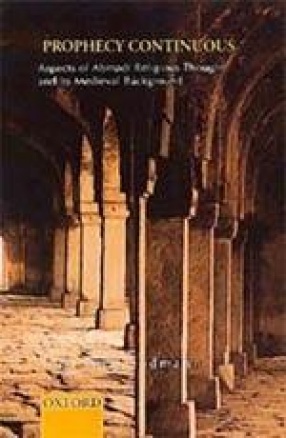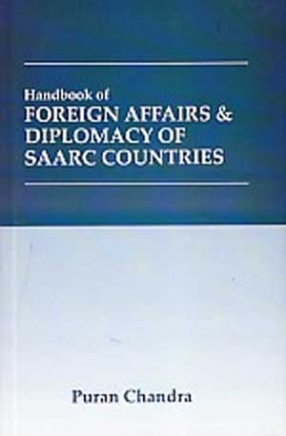The Kodavas are a patrilineal ethno-lingual group today inhabiting the rugged hills of Kodagu or Coorg – a region in the Karnataka state of southern India. They are the native speakers of Kodava language. And by faith, they are the Hindus, who believe more in reverence towards nature and their ancestors than in the strict following of the Vedic Hindu principles. They are believed to have been once land-owning agriculturists with martial traditions. But where did they come from, acknowledged by everyone who encountered them, remains a puzzling question?
With a profusion of exquisite photographs, this book tells the fascinating story of the Kodavas — the rustic mountain people, their extraordinary way of life, their rich oral tradition, their cult of the sacred hunt, with a heritage of feuds and wars, the exhilarating beauty and mystery of their land – which all have intrigued generations of writers, travellers, scholars and administrators. A painstakingly researched effort, based on an astonishing mass of sources, notably, folklore, songs, official records, correspondence, colonial accounts, the recorded history of the rajahs of Kodagu, and stories of the Kodava people themselves. the book tries to show how Kodavas have managed to preserve their unique culture and way of life, despite the violence and turbulence of their history that almost wiped out their population. In sum, it captures a fleeting glimpse of collective experience and events that made Kodavas the people they are.
At the beginning of this millennium, when the pace of change is obliterating all traces of many ancient cultures, faster than we can record them, where the Kodavas came from seems to matter less than whether they will still be able to hold to their unique way of life. As globalization draws us closer, it becomes all the more important to preserve the identities of small cultures. And also look at the ways of adapting them to meet the future.





There are no reviews yet.